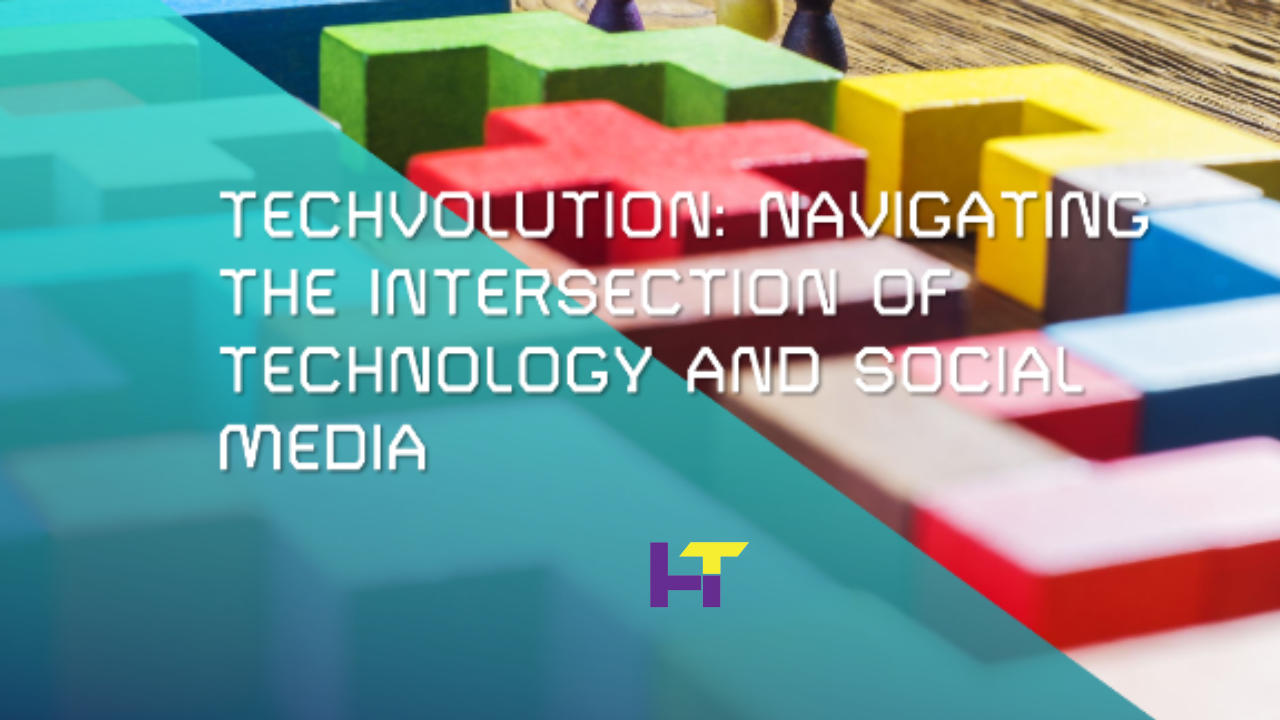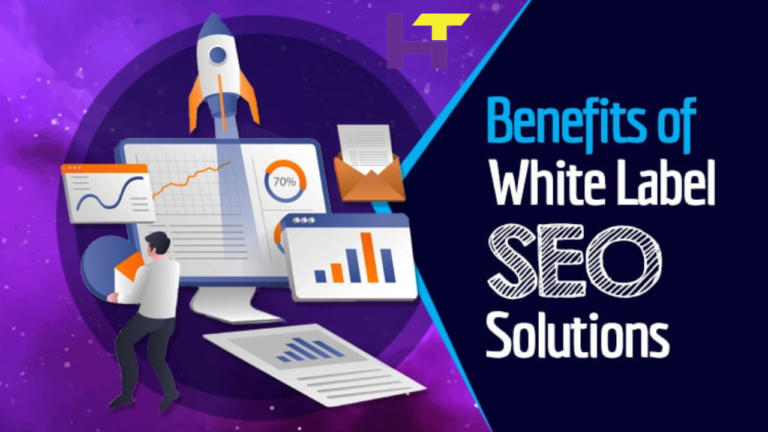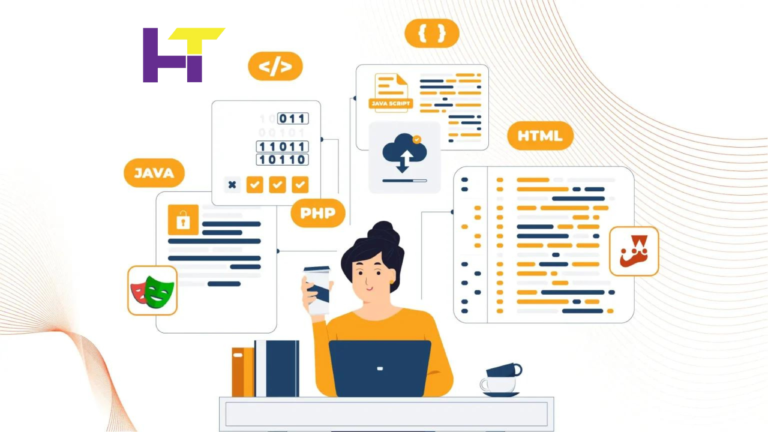Techvolution: Navigating the Intersection of Technology and Social Media

The digital age has ushered in a new era where technology and social media intersect, creating a dynamic landscape that shapes our daily lives, influences our decisions, and redefines our communities. This article delves into the heart of this intersection, exploring the transformative power of evolution in various spheres of human engagement.
The Evolution of Communication
“The advent of social media platforms revolutionized how we communicate, breaking down geographical barriers and enabling instant information sharing. From the early days of email and chat rooms to the current dominance of platforms like Twitter, Facebook, and Instagram, technology has facilitated a shift towards more interactive and immediate forms of communication. This evolution has changed how we interact with friends and family and has also transformed business communication, marketing strategies, and even political discourse.” Says Craig Hawthorne, writer at Modest Money.
Social media has democratized content creation, allowing anyone with internet access to share their thoughts, experiences, and creativity with a global audience. This shift has led to the emergence of new voices and perspectives, enriching our international community’s cultural and social fabric. However, it has also presented challenges, such as the spread of misinformation and the erosion of privacy, underscoring the need for responsible use and regulation of these platforms.
The Impact on Mental Health
The intersection of technology and social media has profound implications for mental health. On one hand, these platforms can foster a sense of connection and community, providing support for individuals who may feel isolated or marginalized in their offline lives. Social media can also be a valuable tool for raising awareness about mental health issues and reducing stigma by facilitating open conversations.
On the other hand, excessive use of social media has been linked to increased feelings of anxiety, depression, and loneliness. The pressure to present a curated, idealized version of one’s life can lead to decreased self-esteem and a distorted sense of reality. Moreover, the constant barrage of notifications and the fear of missing out (FOMO) can disrupt sleep patterns and lead to digital burnout, highlighting the importance of finding a healthy balance between online and offline lives.
The Role of Artificial Intelligence
“Artificial Intelligence (AI) is at the forefront of the evolution, reshaping the landscape of social media and beyond. AI algorithms drive the content on our feeds, determining which posts are promoted and hidden based on our past behavior and preferences. This personalization enhances user engagement and raises questions about echo chambers and the reinforcement of biases.” Says Jessica Shee from iBoysoft.
Beyond content curation, AI is revolutionizing customer service and marketing through chatbots and personalized recommendations, improving efficiency and user experience. However, the increasing reliance on AI also poses ethical dilemmas, including concerns about privacy, surveillance, and the potential for manipulation. As AI evolves, it is crucial to navigate these challenges thoughtfully, ensuring that technology serves humanity’s best interests.
The Digital Divide
While technology and social media have the potential to connect and empower, they also highlight and exacerbate existing inequalities. The digital divide refers to the gap between those with access to digital technologies and those without, influenced by socioeconomic status, geography, and education. This divide can limit opportunities for education, employment, and participation in the digital economy, reinforcing cycles of poverty and marginalization.
Efforts to bridge the digital divide are critical to ensuring that the benefits of evolution are shared equitably. This includes investing in infrastructure to provide reliable internet access in underserved areas, promoting digital literacy programs, and developing inclusive technologies that cater to the needs of diverse populations. We can work towards a more inclusive digital future by addressing these disparities.
Sustainability and Ethical Considerations
The intersection of technology and social media raises essential questions about sustainability and ethics. The environmental impact of digital technologies, from the energy consumption of data centers to the electronic waste generated by obsolete devices, is a growing concern. There is a pressing need for sustainable practices in the tech industry, including the development of energy-efficient technologies and the promotion of recycling and reuse programs.
Ethically, the responsibility of tech companies to protect user data, combat misinformation, and ensure the safety of their platforms is paramount. As technology continues to evolve, so must our ethical frameworks, providing that principles of fairness, transparency, and respect for human rights guide innovation. Navigating these ethical considerations is essential for building trust and fostering responsible growth in the digital age.
READ MORE
Conclusion
The intersection of technology and social media is a dynamic and complex terrain marked by incredible opportunities and significant challenges. As we navigate this landscape, it is crucial to foster collaboration between tech companies, policymakers, and communities to ensure that the evolution benefits all segments of society. By prioritizing ethical considerations, sustainability, and inclusivity, we can harness the power of technology to create a more connected, empowered, and equitable world. The future of evolution is not predetermined; it is shaped by our choices today. Let us choose wisely, embracing innovation while remaining mindful of its impact on our social fabric and the planet.






